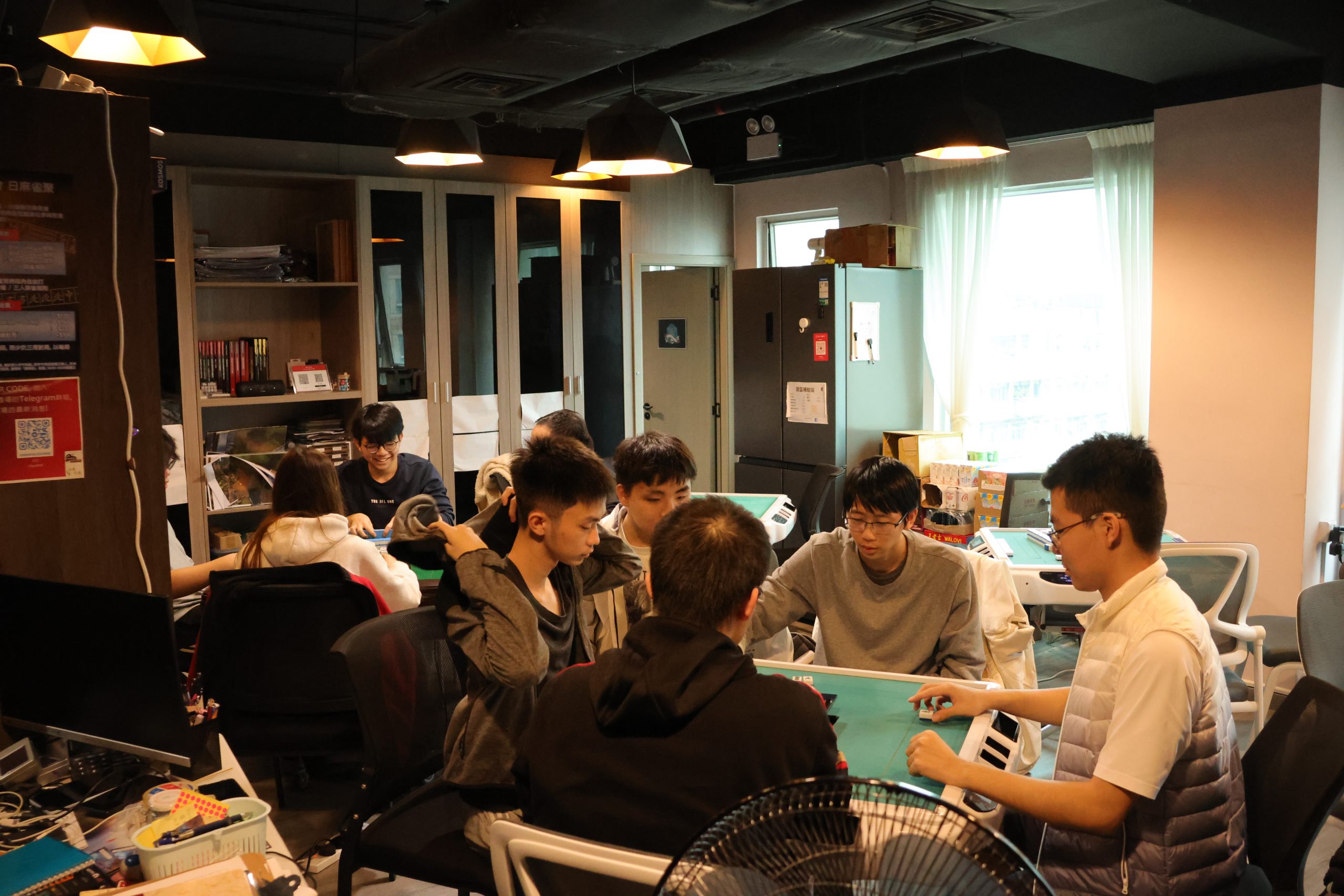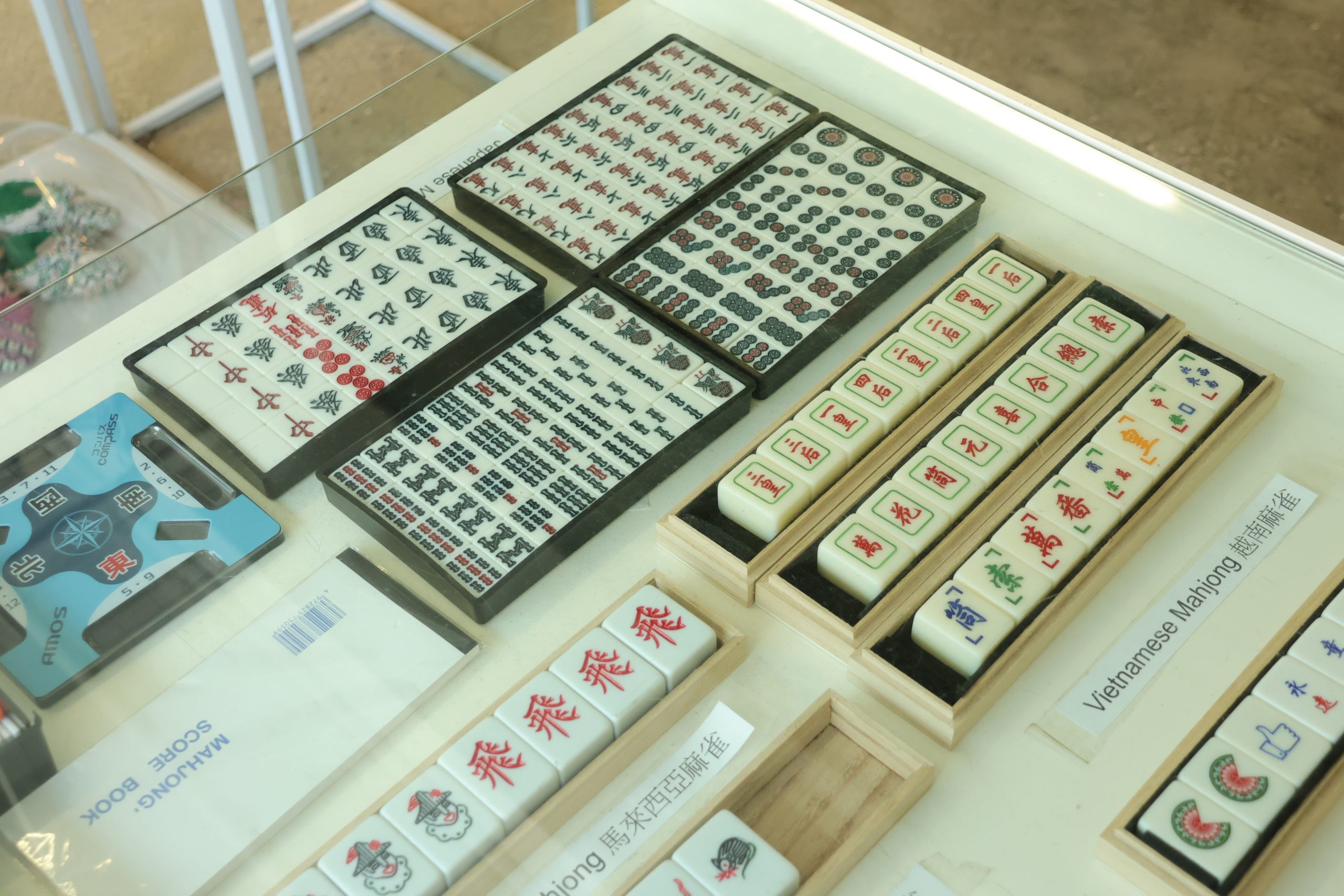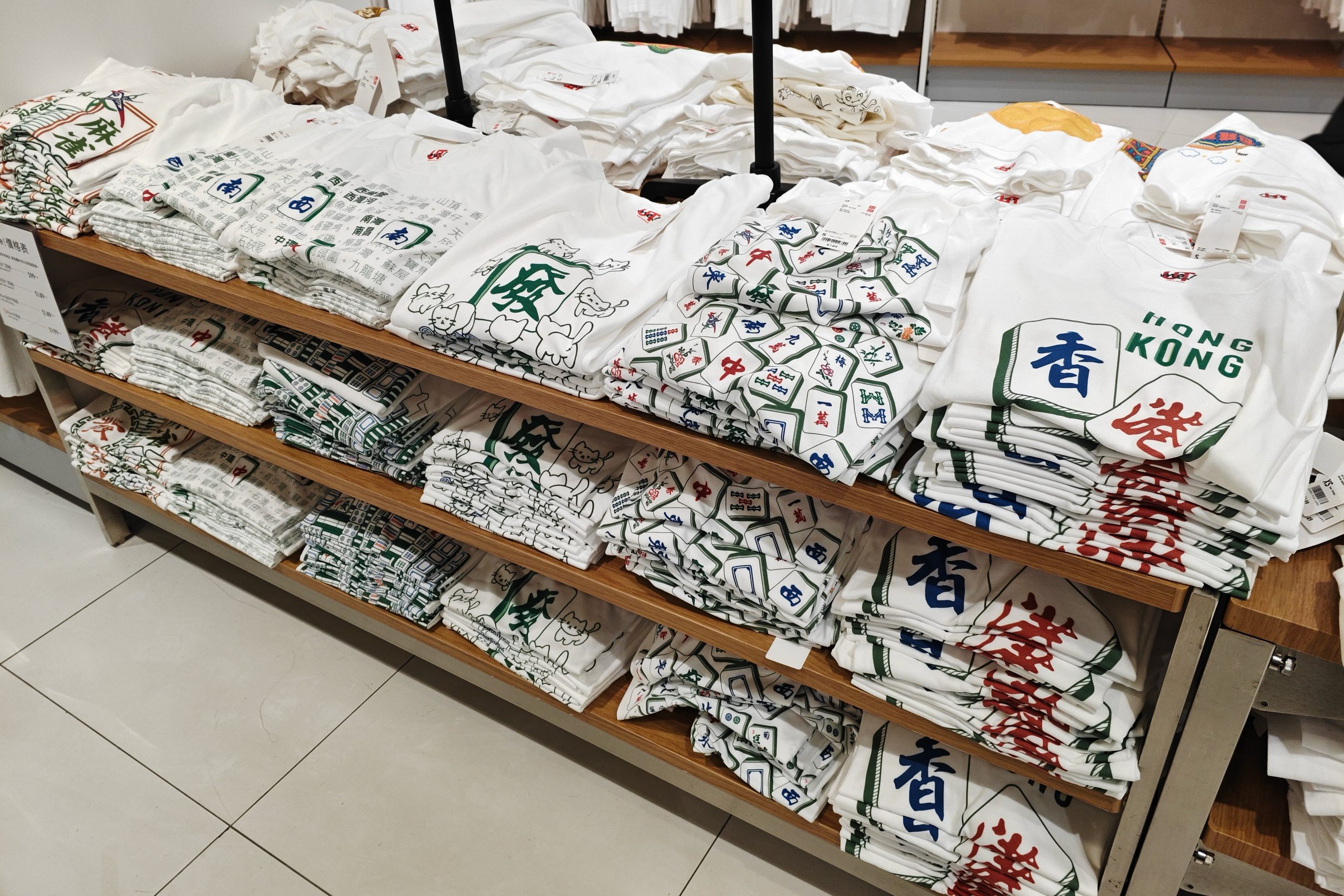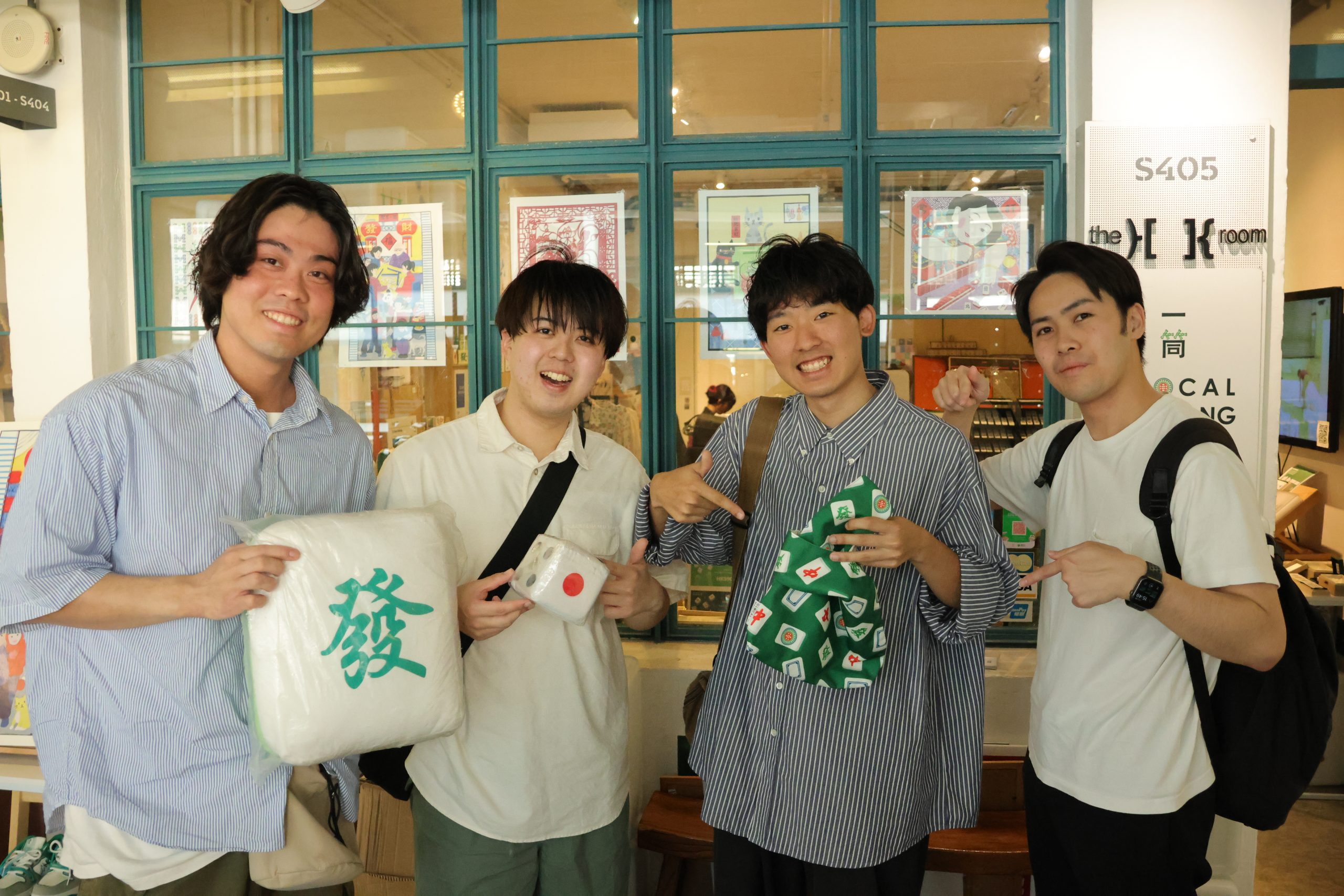The rhythmic clatter of mahjong tiles mixed with laughter as four students play a heated round of the traditional game late-night in a Hong Kong Baptist University dormitory.
"Midterm exams stressed me out last week," said a local hall tutor at HKBU. "After that, I played mahjong two nights in a row to relax myself."
"People will join the game whether they know each other or not. Mahjong has boosted friendships in the building," the tutor added.
The student requested not to be named as student hall rules prohibit the playing of mahjong in the building.
Amid academic pressure and digital isolation, university students are reviving the nearly 200-year-old Chinese game of mahjong, usually associated with older people, for mental wellness and community-building.
At the Hong Kong University of Science and Technology, the mahjong club, which was founded in 2022, has about 1,000 active members and more than 1,700 Instagram followers, said Rex Chow, 20, president of the club.
“Our community not only attracts local students but also those from mainland China and internationally,” Chow said. “Some new members even did not know how to play mahjong, but they can learn from our free mentor courses.”
According to Google Trends, the number of web searches for mahjong in Hong Kong has increased in fluctuation since December 2024, and peaked late January 2025.
“Compared with shopping which is tiring and expensive, playing mahjong is a better way to relax,”said Winnie Leung, 20, a local student at HKBU, who plays mahjong at least once a week.
Research in China shows that frequent playing of mahjong as a form of social participation can reduce symptoms of depression.
“Maintaining a good mental state is important for coping with a busy life," the tutor said.“I would sometimes sacrifice some of my sleep to play mahjong.”
The Mahjong Club at HKUST holds activities every two weeks where club members can get together to play mahjong and chat, said Mike Shi,19, manager of the club.

“This is the last time we will hold the party outside the school,” Shi said. “From now on, we will hold it in the school about once a week.”
Shi said the club will also have dinner together after playing every time, deepening new friendships with other mahjong lovers.
Playing mahjong can improve cognitive ability including attention, memory, and interpersonal social contact, and help reduce social isolation and loneliness, according to a study in the Journal of the American Geriatrics Society.
“We often play with people we don't know, which gives us the chance to make new friends in hall,” Leung said.“And we share our favorite anime and cooking tips, or gossip during the play which add much more fun.”
Mahjong as a traditional game evolved differently across China and then the world and so does not have one definitive set of rules. Everyone plays a little differently.
Leung, who is from Hong Kong, said his new friends only come from mainland China, and he lacks opportunities to play with local students who don't know the Sichuan-style mahjong he learned.
Carlota Wang,18, a first-year student at HKBU from mainland China, said she doesn’t speak Cantonese or know the rules of Hong Kong mahjong.
“The language barrier and the different winning rules have alienated us,” Wang said.
The tutor said she learned to play from the elders in her family during the Chinese New Year when she was 16 years old.
“There are many scoring rules for playing it in Hong Kong, such as local rules, Guangdong rules and Taiwan rules. But we often use local rules which standard of connecting mahjong tiles is a little lower, making it easier to win,” the tutor said.

The tutor said mahjong players usually believe in some metaphysical power because winning mahjong is more about luck than hard work.
“To increase luck, we often bring a big bottle of water which symbolizes wealth and avoid going to the bathroom during a game to prevent luck from flowing away,”the tutor added.
Glocal Mahjong, a shop in Central Market founded in 2020, sells mahjong-themed products including clothes, shoes, pillows and lots of different handmade mahjong sets.
Lai Kiu Chan , 60, the founder of Glocal Mahjong, said she realized the great potential of this market when her daughter often brought her classmates home to play mahjong.
“In July 2016, when our brand shared a giant mahjong video on Facebook, it received over 2 million hits,” she said. “Among these people, the audiences were surprisingly young and international.”

Rei Mitsui, a 22-year-old tourist from Japan, bought a bag with mahjong themed patterns from this shop, said playing mahjong is popular among young people in Japan and serves as a family bonding activity, and many anime, dramas, and movies have elements of mahjong.

Mahjong can also include an optional gambling element, which research shows can be addictive.
Gambling on mahjong in unlicensed premises in Hong Kong is illegal, but when played on social occasions at home, gambling is legal as long as it is not conducted in the form of business and no one earns a profit off providing the game, according to the Senior CLIC, a community legal information website for the elderly.
“Instead of giving money, the person who loses the most will be invited to buy drinks or meals for the winner,” the tutor said. “I don't really care about winning or losing, I enjoy spending this kind of relaxing time with my friends."
《The Young Reporter》
The Young Reporter (TYR) started as a newspaper in 1969. Today, it is published across multiple media platforms and updated constantly to bring the latest news and analyses to its readers.

First high-pole lion dance contest heats up Hung Shing Festival

Tai O volunteers struggle to save stray cats




Comments